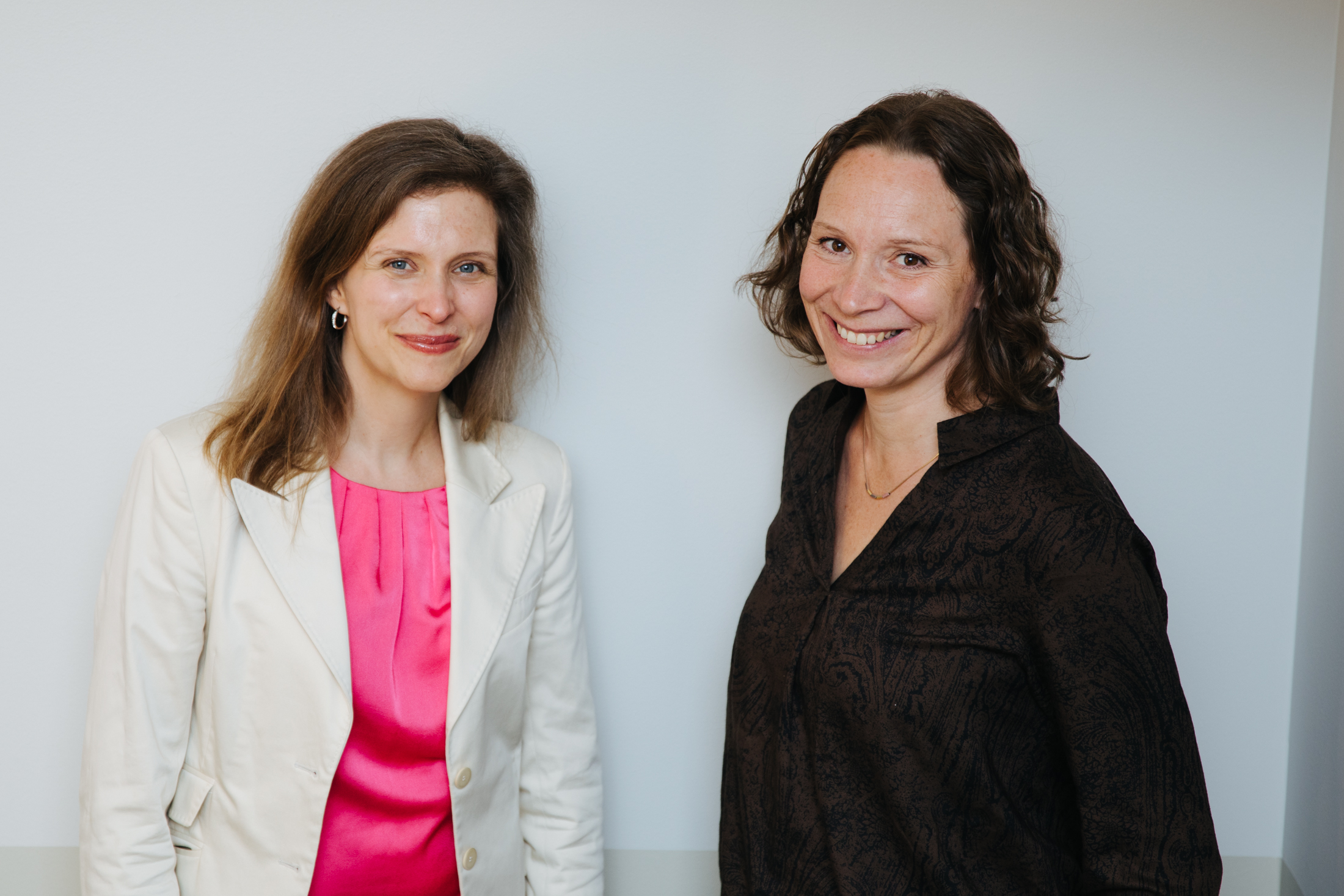Learn more about five projects awarded the Swedish Research Council’s development research grant 2020.
 Photo: Unsplash / Sylvia Yang
Photo: Unsplash / Sylvia Yang
The Swedish Research Council recently announced the awarded grants within development research 2020. Out of 219 applications, 41 projects received funding, distributed across various subject areas related to sustainable development. In this article series, SweDev has met with researchers in five of the awarded projects to learn more about their upcoming research.
Professor Joakim Öjendal at the School of Global Studies at the University of Gothenburg was awarded a grant for the project “Long-term peacebuilding in Mozambique and Cambodia”.

Joakim Öjendal. Photo: Private.
Describe your project in a few sentences.
The project aims to address the long-term effects of intensive peacebuilding as well as identify weaknesses and vulnerabilities of the implementation of liberal peacebuilding. It focuses on two well-documented and “successful” cases of long-term peacebuilding initiatives that have experienced curiously similar development and timing: Mozambique and Cambodia. We will seek to identify the origin of the recent tensions in both cases to understand what does not work in peacebuilding efforts – and why.
In what novel way can the project help us understand current development problems?
This research approaches a well-known dilemma in a way that brings in two dimensions that have hardly been assessed before. First, the historical circumstances of the cases allow us to assess peacebuilding over a long time. Second, the project compares two cases that are as similar as possible in social sciences. While they may seem different in general, they have similar traits relevant to this project. For example, they have experienced a massive UN intervention almost at the same time and for the same reason, they have had similar democratization and peacebuilding trajectories, and have reached consolidation in peace in a similar quality and timing.
How can practitioners working with development make use of the project’s findings?
The project aims at pinpointing a number of weaknesses in the typical approach to peacebuilding. These will be presented in a form and context that is easily accessible to practitioners, policymakers and academics alike.
In the project “Toward isomorphism in development aid? A study on current trust patterns and their implications for the multi-actor policy on diversity in aid”, Susanna Alexius and Janet Vähämäki explore how diversity objectives are being met in actual practice.

Susanna Alexius and Janet Vähämäki. Photo: Juliana Wiklund
What is isomorphism in aid, and why is it important to study?
Over the past decade, the inclusion of a variety of diverse actors has been proclaimed the way forward to combat global poverty. However, despite the general Swedish policy to safeguard diversity through the broad participation of multiple actors, data indicates an increased isomorphism in the organization of aid. Isomorphism can be likened to conformity, where actors from different institutional domains (civil society, private sector, agencies and academia) are increasingly seen to operate in a similar way.
What is your project about?
The project builds on results from our previous case study on “obsessive measurement disorder” in aid. In this new project, we seek to develop systematic data on how diversity objectives are being met in actual practice. We also study how the actors defend or promote their ways of operating. The aim is to understand current trust patterns in aid, where our previous findings in the EBA report “In Proper Organization We Trust” suggest that such patterns may contribute to explain isomorphism in aid.
How will you study this?
We will use a mixed-methods design, combining surveys and focus group interviews to make comparisons across and within actor groups in Sweden and Tanzania. The project aims to contribute not only to develop theory on trust but also to development policy. Policies say that we should safeguard diversity in the organization of aid, however, if this is not the case in practice – should we then govern in a different way?
This is the third part of an article series. Read the first article here and the second article here.
